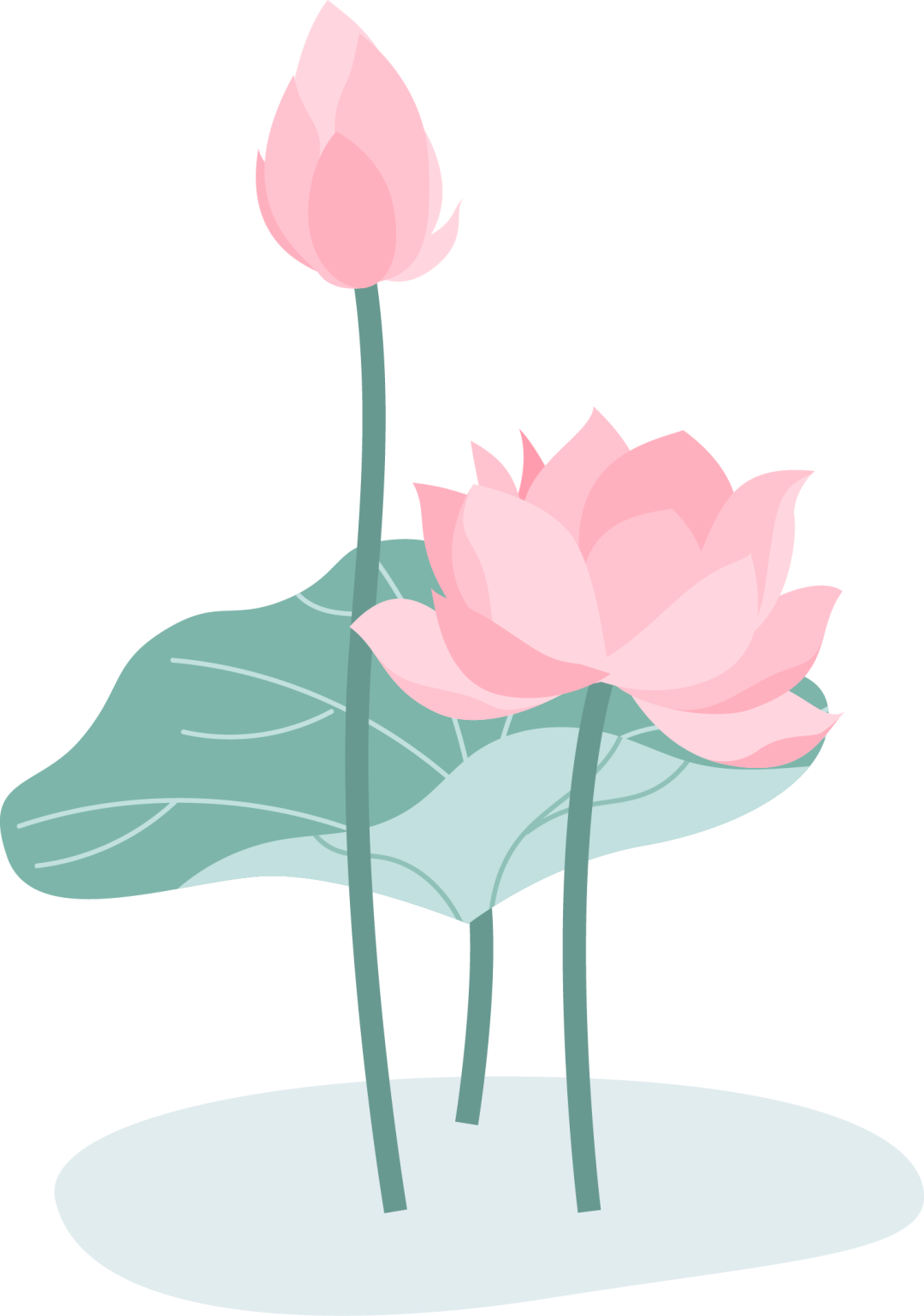夏

至
- 中国传统二十四节气 -
The traditional Chinese solar calendar divides the year into 24 solar terms. Summer Solstice (Chinese: 夏至), is the 10th solar term of the year. At this time, much of the northern hemisphere receives the most hours of daylight, but it does not bring the hottest temperatures which will come only 20 to 30 days later.
传统的中国农历将一年分为24节气。夏至是第10个节气。在此期间,北半球绝大多数地方接受着最长的日照,但最严酷的高温在20至30天后才会出现。
The longest day of the year
最长的白天
On the Summer Solstice itself, daylight lasts the longest for the whole year in the northern hemisphere. After this day, daylight hours get shorter and shorter and temperatures become higher in the northern hemisphere. How long is the longest day in China? According to the expert Yan Jiarong, the entire day in Mohe in Heilongjiang province, located in the northernmost tip of China, lasts nearly 17 hours when you include dawn, twilight and its afterglow. Summer Solstice is the best season for viewing the aurora in Mohe, "the sleepless town of China".
夏至当天,北半球的白天将达到一年中的最长。过了这天,北半球白天的时间会变得越来短,气温会变得越来越高。最长的白昼是多长喃?黑龙江省漠河坐落于中国的最北端,把黎明、黄昏和落日余晖算进去的话,昼长可达近17个小时。夏至到 “中国不夜城”漠河看极光,是最好的时机。
Eating noodles
吃夏至面
There is a saying in Shandong province which goes, "eat dumplings on the Winter Solstice and eat noodles on Summer Solstice." People in different areas of Shandong province eat chilled noodles on this day. Other people around China, including those in Beijing, also have a tradition of eating noodles.
俗话说,“冬吃饺子夏吃面”,夏至面又叫“入伏面”。山东省不同地区的人都有在夏至当天吃凉面的习俗,而包括北京在内的中国其他地区的人们,也有夏至吃面的传统。
Dragon boat racing in Zhejiang
赛龙舟
Due to the local climate, Dragon boat races have been held on the Summer Solstice day in Shaoxing, Zhejiang province rather than on Dragon Boat Festival since the Ming (1368-1644) and Qing (1644-1911) dynasties. This tradition is still in practice today, with all the attendant excitement.
根据当地气候条件,自明清时起,浙江绍兴会在夏至当天举行划龙舟比赛,而非在端午节。这项传统直到今天还保留着,参与者都十分热情。
Summer Solstice idiom:杯弓蛇影
According to the records of Fengsutongyi (a book about Chinese customs), written by Ying Shao from the Eastern Han Dynasty (AD25-220), a man named Du Xuan attended a banquet on Summer Solstice, where he mistook the shadow of a bow in his cup for a snake and he had to drink it out of fear. After the banquet, he felt chest pains and a bellyache and couldn't recover even after seeing many doctors. Finally, he found he had mistaken the shadow of a red crossbow on the wall for a snake in his cup and recovered. Later, people used this idiom to refer to people who are suspicious and frighten themselves.
东汉学者应劭的《风俗通义》中记载,杜宣在夏至这天参加了一场宴会,他将弓投在杯中的倒影误认为是蛇。出于对上司的惧怕,他硬着头皮喝下了酒。宴会后,他感到腹痛,即使看了许多医生也不见效。最后,他发现是自己误将墙上的红弓在杯中的倒影当作了蛇,于是便康复了。后来,人们用这个成语来指代那些疑神疑鬼吓唬自己的人。
文字来源|CHINADAILY


